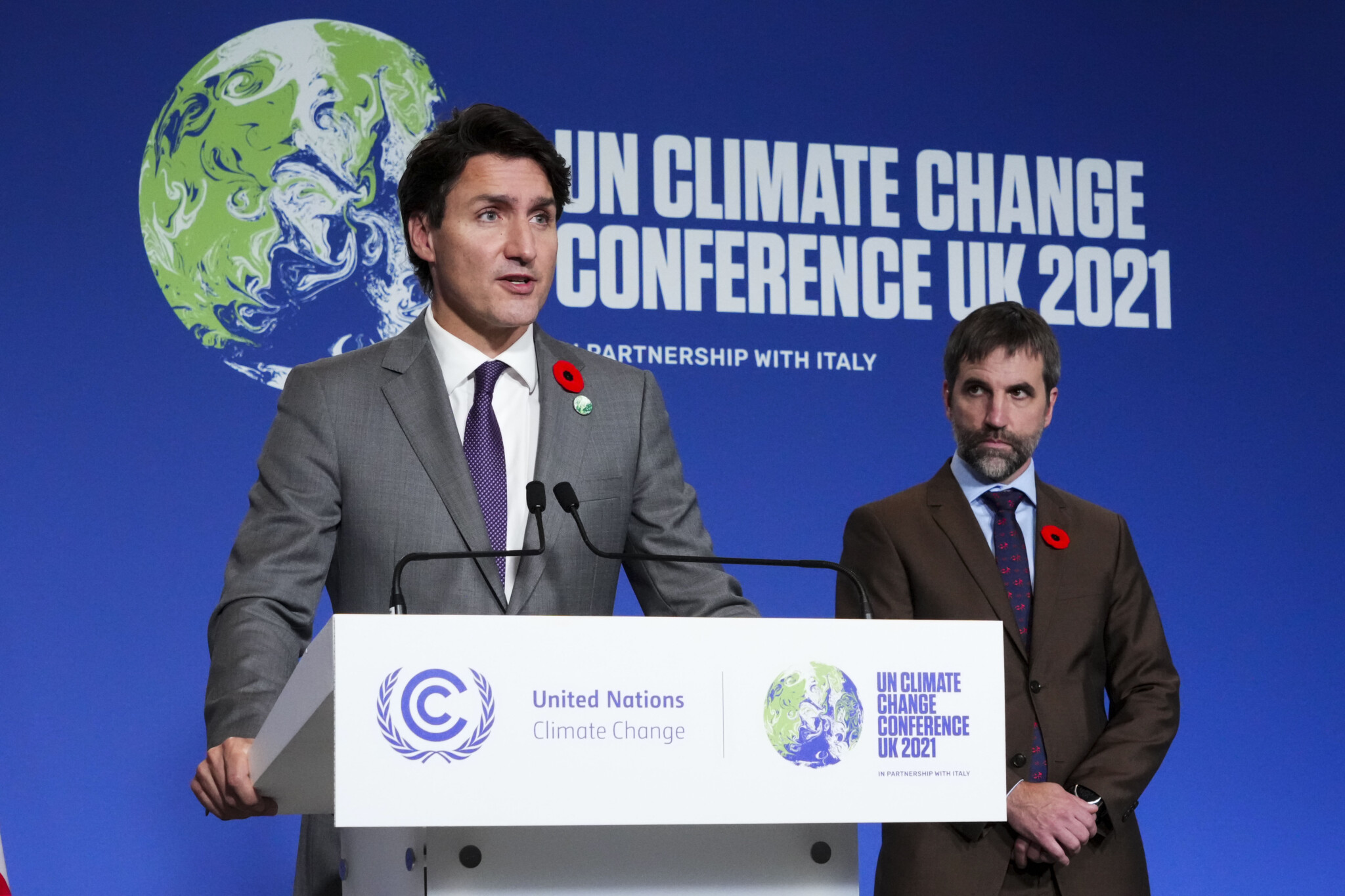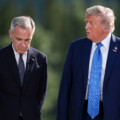
A majority of Canadians think that Canada is broken after years of stagnant incomes, affordability challenges, rising crime, government failures on basic functions like healthcare and immigration, and a deepening cultural malaise. But decline is a choice, and better public policies are needed to overcome Canada’s many challenges. Kickstart Canada brings together leading voices in academia, think tanks, and business to lay out an optimistic vision for Canada’s future, providing the policy ideas that governments need to ensure a bright future for all Canadians.
Canadian climate policy is struggling.
We are not on track to achieve our climate targets. The federal government is locked in a battle with provinces over its ever-proliferating suite of laws and regulations aimed at curbing emissions. Companies that want to decarbonize can’t tell which direction this tug-of-war is going to go from one day to the next. Meanwhile, the uncertainty is holding up billions in new low-carbon investments.
Canadians are divided on what we should be doing about the climate—and increasingly, on whether we should be doing anything at all. That’s bad news, because building a low-carbon Canadian economy is a generational opportunity we need to seize now to secure our future prosperity.
Ambivalence about climate policy is understandable, especially because Canadians are struggling against a rising cost of living. Many perceive the fight against climate change as unnecessarily burdensome. But, climate change itself is already contributing to rising costs, and low-carbon economic growth offers an antidote.
While Canadian action alone can’t stop climate change, we have to be part of the solution or risk becoming globally isolated, both politically and economically.
We have the tools we need to make climate policy work for Canada. We need to start using those tools in a way that is more consistent with the blueprints of Canadian federalism.
Take carbon pricing. Since 2018, Ottawa has set minimum standards for provinces to design and run their own carbon pricing systems. The federal government only imposes its own system on provinces that don’t meet the standard.
Carbon pricing could have been the “cornerstone” of a low-rise federal climate policy that respected provincial jurisdiction. Instead, the federal government decided to build a skyscraper of other policies on top of it. Now the top floors are teetering, putting the whole structure at risk.
It doesn’t have to be this way. As Hub Editor-at-Large Sean Speer has argued, we need Ottawa to disentangle itself from the provincial responsibilities it has assumed in defiance of Canada’s clearly-defined constitutional separation of powers. That should include the nitty-gritty of how to achieve low-carbon growth and hit climate targets. Provinces are best positioned to figure that out for themselves. The federal government’s role should be to hold them to account.
There’s an opportunity here for the provinces and the feds to reach a new understanding on how to work together to grow Canada’s low-carbon economy and reduce emissions.
The federal government should commit to withdrawing contentious climate policy proposals that intrude on areas of provincial responsibility, like the oil and gas emissions cap. Not only would this demonstrate respect for the jurisdiction of provinces like Alberta and Saskatchewan, but it would make room for industrial carbon pricing to work its magic instead of hamstringing it. Layering policies on top of each other just creates more complexity and uncertainty and slows down low-carbon investment.
However, provinces shouldn’t expect to get something for nothing. While withdrawing from areas of provincial jurisdiction, the federal government should double down on its own—enforcing our internationally agreed emissions reduction targets. Provinces should be free to chart their own courses to emissions reduction and low-carbon growth, but they have to show that they’re making tangible progress. Otherwise, Ottawa needs to step in.
In order to hold provinces accountable, it would help if we could all agree on the implications of their climate plans—or at least be able to talk about what we disagree on. Right now we can’t, because we lack a transparent system for modelling climate plans. Each level of government does its own policy modelling. Nobody else can see the inputs and assumptions. That needs to change.
Holding provinces to account doesn’t mean stepping on their toes. Each region is unique, and Ottawa should not presume to understand provincial realities better than the provinces themselves. Whether it’s housing, child care, or carbon emissions, the federal government’s role is to ensure provinces achieve nationally equivalent outcomes.
As Heather Exner-Pirot argued earlier in this series, Alberta in particular has designed an effective program to foster low-carbon growth and reduce emissions that is not only fine-tuned to the needs of the province, but has also helped inspire the federal government’s own industrial carbon pricing system. The Technology Innovation and Emissions Reduction (TIER) system can continue to drive billions of dollars worth of low-carbon investment in Canada’s highest-emitting province and help the province compete internationally. In fact TIER and other provincial industrial carbon pricing systems are expected to make the largest contribution to reducing Canada’s emissions.
But TIER faces challenges. The TIER carbon market risks an oversupply of credits, which could hurt credit prices and undermine the business case for new low-carbon investment in the province. The federal government needs to work with Alberta to address this, among other issues.
If the federal government and the provinces can build up enough trust to work together constructively on climate policy, then we might be able to take industrial carbon pricing to the next level—such as creating a harmonized national carbon market to accelerate investment. That’s not something the federal government can impose on the provinces; they’ll need to be enthusiastic participants.
To get where we need to go—a low-carbon Canadian economy that can sustain prosperity for future generations and protect our way of life—the federal government needs to get back in its lane, and out of the provinces’ business.








